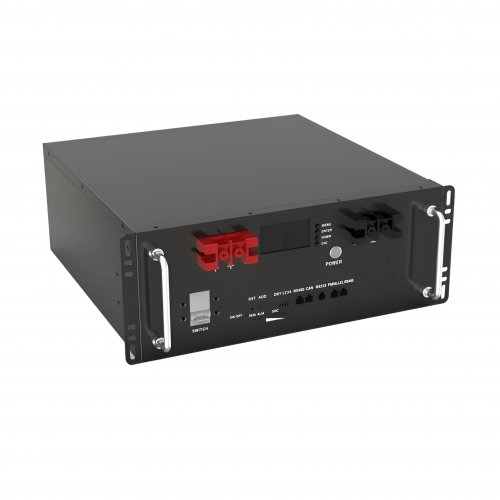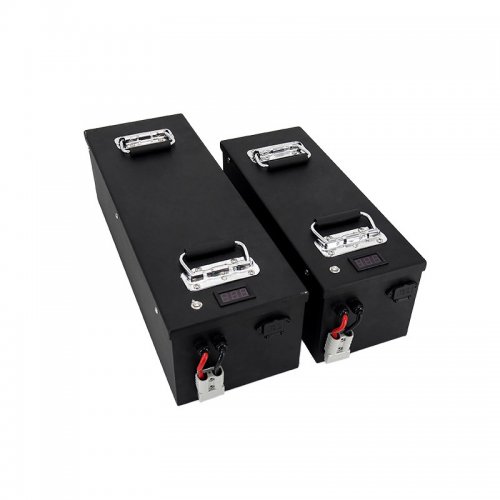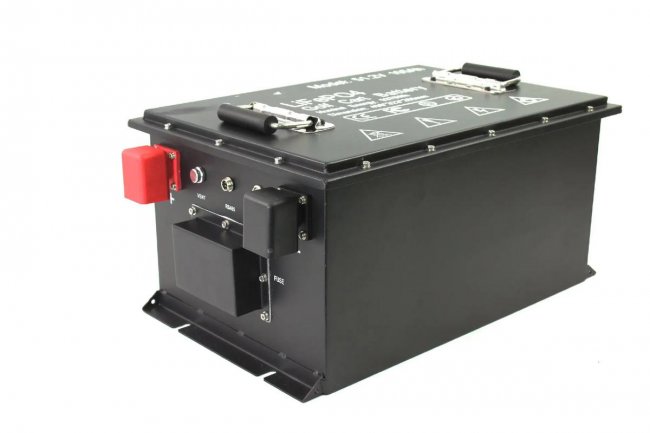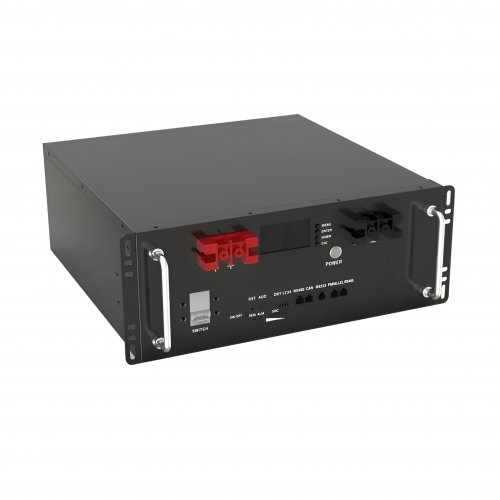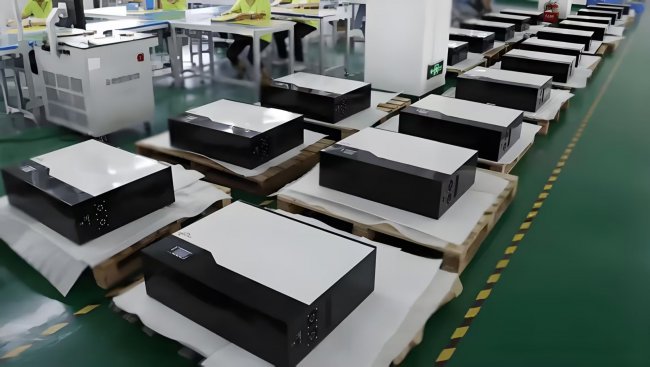Government Policies News: Reshaping Global Industries Through Strategic Intervention
The pervasive influence of government policies on the trajectory of global industries has never been more pronounced. In a period defined by economic uncertainty, rapid technological advancement, and the urgent imperative of climate action, strategic state intervention is becoming a central feature of the business landscape. From subsidies and tax incentives to stringent regulations and trade agreements, these policies are actively sculpting competitive advantages, redirecting capital flows, and accelerating—or occasionally hindering—innovation across key sectors.
Latest Industry Dynamics: A Wave of Legislative Activity
Recent months have witnessed a flurry of policy actions with profound implications. In the United States, the full implementation of the Inflation Reduction Act (IRA) continues to be the dominant force in the clean energy and electric vehicle (EV) sectors. The act's substantial tax credits for domestic manufacturing of renewable components and consumer rebates for EV purchases have triggered an unprecedented surge in investment. Major automakers and battery producers have announced billions in new factory investments within North America, fundamentally altering supply chains that were once concentrated in Asia.
Concurrently, the European Union is advancing its own ambitious Green Deal Industrial Plan, designed to counter the IRA's pull on investment and bolster the bloc's clean tech sovereignty. Key elements include the Net-Zero Industry Act, which aims to streamline permitting for green projects and set benchmarks for domestic manufacturing capacity. Furthermore, the ongoing rollout of the Carbon Border Adjustment Mechanism (CBAM) is compelling global exporters to the EU, particularly in carbon-intensive industries like steel and cement, to urgently decarbonize their processes or face financial penalties.
In the technology sphere, the EU’s Digital Markets Act (DMA) is now in full effect, mandating that tech "gatekeepers" like Alphabet, Amazon, and Apple open their platforms to greater competition. This has already led to significant changes, such as allowing iPhone users in Europe to download apps from outside the official App Store. Meanwhile, across the Atlantic, debates over data privacy legislation and the regulation of artificial intelligence are intensifying, with several U.S. states proposing their own frameworks amid a continued stalemate at the federal level.
Trend Analysis: The Strategic Pivot to Industrial Policy
The current trend marks a decisive shift away from the market-led paradigms of recent decades towards a new era of strategic industrial policy. Governments are no longer mere regulators; they are active participants and de-risking agents in the markets they deem critical for national security, economic resilience, and technological leadership.
This trend is characterized by three key elements:
1. Supply Chain Reconfiguration: Policies are explicitly designed to reduce dependencies on single geographic sources, particularly for critical minerals, semiconductors, and pharmaceuticals. The U.S. CHIPS and Science Act, offering $52 billion in subsidies for domestic semiconductor production, is a prime example of this "de-risking" strategy. This is forcing multinational corporations to adopt a "China+1" or dual-shoring strategy, adding complexity but also resilience to their operations.
2. The Subsidy Race: The competition to attract future-forward industries has sparked what some analysts term a "subsidy war" between major economic blocs. While this competition is accelerating the global energy transition and technological innovation, it also raises concerns about market distortion, protectionism, and a potential fragmentation of the global trading system into competing spheres of influence.
3. Data and AI Governance: As artificial intelligence evolves from a disruptive technology to a general-purpose tool, governments are scrambling to establish guardrails. The EU's AI Act, which adopts a risk-based approach to regulation, is setting a potential global standard. The emerging trend is toward a patchwork of regulatory frameworks that will complicate the go-to-market strategies for AI firms operating internationally.
Expert Perspectives: A Nuanced Outlook
Industry experts and economists offer a spectrum of views on this resurgence of government intervention.
Dr. Evelyn Reed, a senior fellow at the Institute for International Economics, cautions about the long-term implications. "While strategic subsidies can catalyze nascent industries, they carry significant risks," she notes. "Inefficient allocation of capital, trade disputes, and the burden on public finances are real concerns. The key challenge for policymakers is to ensure these policies are temporary, targeted, and transparent to avoid creating permanently subsidized, uncompetitive industries."
Conversely, Michael Thorne, a partner at a venture capital firm focused on climate tech, argues that the scale of challenges like climate change necessitates such intervention. "The market alone was not moving fast enough to decarbonize the economy. The IRA and similar policies are not distorting the market; they are correcting a massive market failure by pricing in the positive externalities of clean energy. They provide the long-term certainty that private investors need to commit large-scale capital."
From a corporate strategy standpoint, Lena Sharma, CEO of a global supply chain consultancy, advises clients to adopt a proactive stance. "Companies can no longer be passive observers of the political landscape. Government policy is now a first-order strategic variable. Leadership teams must engage in policy dialogue, build robust government affairs functions, and develop the agility to pivot their operations and investment plans in response to new regulatory and incentive structures."
In conclusion, government policies have moved from the periphery to the core of corporate strategy. The overarching trend points toward a more managed form of globalization, where state direction plays a critical role in shaping industrial outcomes. For businesses, navigating this new reality requires heightened vigilance, strategic flexibility, and an informed understanding of the powerful and evolving forces of state intervention. The ability to adapt to this policy-driven environment will be a key determinant of success in the coming decade.
Customized/OEM/ODM Service
HomSolar Supports Lifepo4 battery pack customization/OEM/ODM service, welcome to contact us and tell us your needs.


HomSolar: Your One-stop LiFePO4 Battery Pack & ESS Solution Manufacturer
Our line of LiFePO4 (LFP) batteries offer a solution to demanding applications that require a lighter weight, longer life, and higher capacity battery. Features include advanced battery management systems (BMS), Bluetooth® communication and active intelligent monitoring.

Customised Lithium Iron Phosphate Battery Casing
ABS plastic housing, aluminium housing, stainless steel housing and iron housing are available, and can also be designed and customised according to your needs.

HomSolar Smart BMS
Intelligent Battery Management System for HomSolar Energy Storage System. Bluetooth, temperature sensor, LCD display, CAN interface, UART interface also available.


Terminals & Plugs Can Be Customized
A wide range of terminals and plugs can be customised to suit the application needs of your battery products.

Well-designed Solutions for Energy Storage Systems
We will design the perfect energy storage system solution according to your needs, so that you can easily solve the specific industry applications of battery products.



About Our Battery Cells
Our energy storage system products use brand new grade A LiFePO4 cells with a battery lifespan of more than 4,000 charge/discharge cycles.



Applications in Different Industries
We supply customized & OEM battery pack, assemble cells with wiring, fuse and plastic cover, all the cell wires connected to PCB plug or built BMS.
Applications: E-bike, Electric Scooter, Golf Carts, RV, Electric Wheelchair, Electric Tools, Robot Cleaner, Robot Sweeper, Solar Energy Storage System, Emergency Light, Solar Power Light, Medical Equipment, UPS Backup Power Supply.
We can provide you with customized services. We have the ability to provide a vertical supply chain, from single cells to pack/module and to a complete power solution with BMS, etc.


HomSolar (Shenzhen) Technology Co., Ltd















